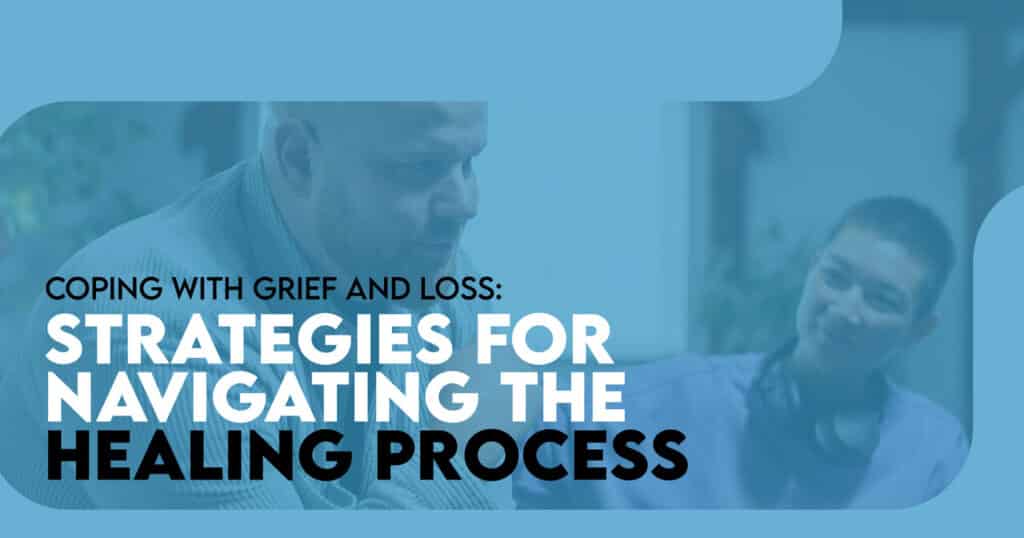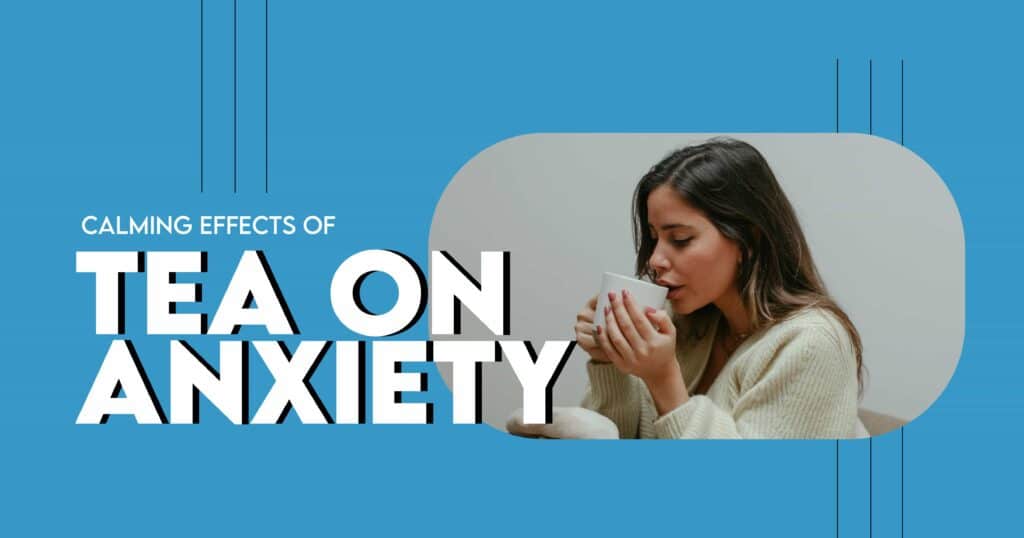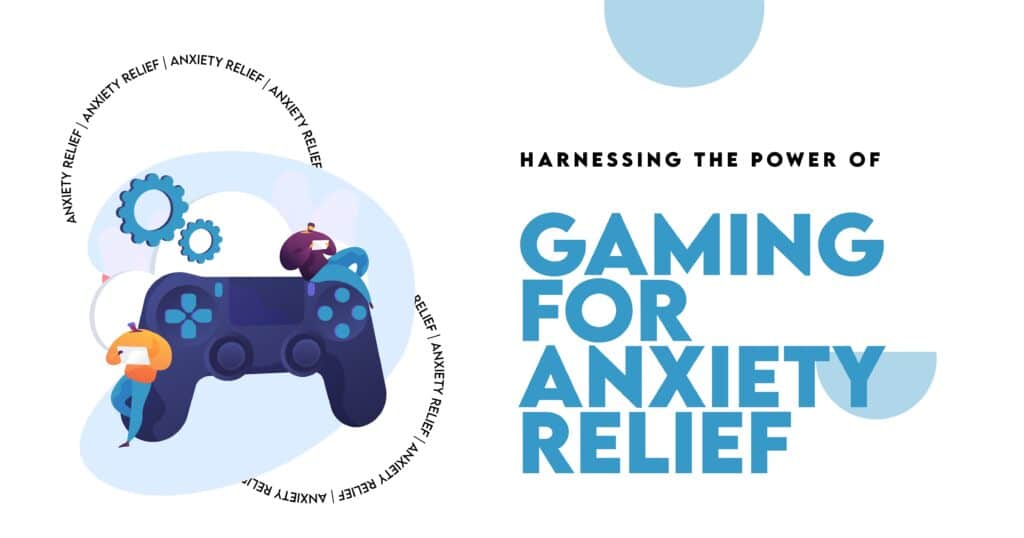Grief and loss seem to be universal phenomena, but they can be profoundly isolating and overwhelming. Whether you’ve lost a loved one, ended a relationship of great importance, or undergone some other transformative experience, the emotional toll is quite momentous.
Essential Takeaways
| Grief Is a Personal Journey | Grief doesn’t come with a right or wrong way of expression. Then, it might result in a mixture of feelings, where you express them all at the same time, without considering right or wrong. Allow yourself to feel and process your emotions without judgment. |
Seek Support |
It’s possible to connect with friends, family, or even professionals that may be able to make you feel much more comforted and gain insight into the healing process. You do not have to grieve alone. |
| Honor Your Loved One’s Memory | Creating rituals or new traditions can help you honor your loved one while embracing your healing journey. Finding meaning in your loss can lead to personal growth and transformation. |
In this article, we’ll explore the nature of grief, the stages involved in the grieving process, effective coping strategies, and how to find support along the way. Let’s dive into this sensitive yet essential topic together.
Understanding Grief and Loss
What Is Grief?
Grief is a common reaction to loss. It is a wide range of emotions that can feel like comfort, disorientation, anger, and even pain. The emotions can be overwhelming, but very normal to someone who loses a part of their life, and the feelings can shift hourly or daily. Grief is not a feeling; it hurts the body, mind, and emotions.
Because mourning is mostly misconstrued as only a symbol of sadness, it is to be known that although sadness is a tremendous part of the symptomology of grieving, feelings of guilt, worry, anger, and loneliness are also included. Knowing this broader dimension of feelings can help you make acknowledgement that your feelings are valid and part of a normal response to losing someone.
The Importance of Acknowledging Grief
A very important step in the healing process is acknowledging the grief. Because of societal pressure that tells you to “move on” or “get over it,” most people suppress their feelings. Burying your emotions, however, can contribute to a longer healing period than necessary. You can pay respect to the magnitude of your loss and provide yourself with space to process your feelings honestly by giving yourself permission to grieve.
Common myths are of the following type about bereavement:
- Grief follows a timeline. Most people have often believed that they are “due” to get over their grief by a certain date. The truth, however, is that grief is an extremely intimate personal experience and doesn’t follow a clock.
- The person needs to grieve in solitude. Many people think they’re left and isolated in their sorrow; they need to carry on with the sadness by themselves. Not so. Grieving is not a sign of weakness, but soliciting assistance while grieving is an important part of recovery.
The Stages of Grief
Overview of the Five Stages of Grief
One of the most famous models of grief is Elisabeth Kübler-Ross’s description of the five phases of grief: denial, anger, bargaining, depression, and acceptance. It is important to note that these phases are not necessarily linear; you may move in cycles and have a unique experience in each.
Understanding Each Stage
- Denial: In the first stage of denial, you can’t or don’t want to accept the reality of your loss. Denial is a coping mechanism that is meant to safeguard you from feelings that might crush you. You tend to become numb or even detached.
- Anger: There may be anger as reality finally dawns on them. In fact, they anger against themselves, others, or even the deceased. But it is also important to note that anger is typically a normal constituent of the grieving process.
- Bargaining: This is often filled with thoughts of “If only I had done it differently.” You may find yourself wishing you can change the past; often it turns into guilt and regret.
- Depression: Once the shock subsides, you may feel a deep sense of depression. You likely feel sad and very, very sad and enter what may be a heavy time for you, becoming withdrawn from friends and family. Let that work its way through you rather than you pushing it back.
- Acceptance: Acceptance doesn’t mean that you will eventually learn to accept your loss ; it means that you can acknowledge it and are getting accustomed to it. Often with a certain level of calmness, and one can continue.
Non-Linear Nature of Grief
One of the tough jobs that grief performs is its non-linearity. Sometimes you have phases, sometimes you feel more than one emotion at the same time. For example, you may be filled with extreme sadness in an instant, and the next second you hate the world. It can be very liberating to understand that there is no right or wrong way to grieve.
Strategies for Coping With Grief
Grief can feel overwhelming, but there are strategies you can employ to navigate this difficult process. Here are some effective coping mechanisms:
Allow Yourself to Grieve
Letting yourself feel your feelings completely is the first, and most important step to grief. You may smile at pleasant memories or cry or feel angry. Allow yourself to grieve without judgment. Healing involves this acknowledgment.
Seek Support From Others
Having time alone may deepen the grieving process. The interaction with people informed about your situation can be soothing and reassuring. Share your recollections, air your feelings, and let loved ones know what they can do for you. Sometimes the best medicine is just having someone who’ll listen to you.
Consider Professional Help
If you feel your grief is getting out of hand, you may want to consider getting professionals on board. Counselors and therapists who specialize in dealing with the grieving process are commonly referred to as grief counselors or therapists. They can provide you with tools, coping mechanisms, and a safe environment in which to process your feelings. Remember, asking for help is a strength.
Create a Ritual or Tribute
Paying tribute to your loved one’s memories may be a very significant step in healing. Consider setting up a rite or homage that honors your partnership. This can mean doing a charity event, arranging a memorial service, or planting a tree in their honor. Doing all those things will bring you closer to your loved one.
Express Your Emotions Creatively
Creative expression is a volcanic outpouring of grief. Journaling, painting, or composing music allows you to voice feelings. Art allows the process of introspection and will possibly bring about greater insight into your emotions. You don’t have to make a masterpiece; you’re focused on the process of self-expression.
Maintain Routine and Self-Care
Grief makes it easy to procrastinate about taking care of oneself. Observing a routine, however, can lend some semblance of order.
Try to establish the following healthy habits as well Nutrition: Being on a proper diet should boost your energy and mood. Force-feed your body even if you don’t feel like eating.
- Exercise: By definition, exercise improves mood. Move your body: Do some yoga, dance in your living room, or even better get out for a walk.
- Sleep: Grief can destroy sleep patterns. You will have to establish a sleep ritual that calms the mind and promotes relaxation.
Explore Mindfulness and Meditation
In tough moments, mindfulness and meditation will help anchor you. These foster living in the present and allow one to know their feelings without judgment. Try adding meditation to your daily routine, be it a few minutes out of each day.
Understanding the Impact of Grief on Relationships
Grief doesn’t only affect you; it can also impact your relationships with others. Understanding these dynamics is crucial for navigating your feelings and maintaining connections.
How Grief Affects Personal Relationships
You may start to avoid friends and loved ones when grieving, which can place a strain on those relationships, as other people often do not know how to support you. People may be uncomfortable discussing your loss with you or make a comment that is bound to hurt you.
Communicating Needs With Loved Ones
Opens communication for sailing through grief with others. Make your friends and family aware of what you would like. Do you need someone to listen or would you prefer to be distracted? Expressing your feelings will help them know how best they can assist you.
Finding Meaning After Loss
While the pain of loss may feel overwhelming, many individuals find that grief can lead to personal growth and transformation.
Exploring Personal Growth Through Grief
As you navigate through the grief, you often reflect on your life, its values, and the bigger picture. It is often a time of deepened self-awareness. That person brings new insight and perspective into his own life, as well as into his relationships with others. Many find that they hold life to be more precious and wish to live it more authentically.
Developing New Traditions
Another very effective way to have the opportunity to be close to your loved one as you also move on is by starting new traditions. It can be something as simple as making their favorite meal on their birthday or establishing an annual memorial service. There are countless ways to honor their life as you embrace your healing process, and this can prove very rewarding.
Resources for Grief Support
If you’re seeking support, numerous resources are available to help you through this challenging time.
Recommended Books and Articles
- “On Grief and Grieving” by Elisabeth Kübler-Ross and David Kessler. This book explores the grieving process and offers insights into the emotional landscape of loss.
- “The Year of Magical Thinking” by Joan Didion. A memoir that captures the experience of grief and the struggle to cope with loss.
- “Healing After Loss: Daily Meditations for Working through Grief” by Martha Whitmore Hickman. This collection of daily reflections offers comfort and guidance.
Online Support Groups and Forums
Many online communities provide support for individuals coping with grief. Websites like GriefShare and The Compassionate Friends offer forums, resources, and local support groups.
Professional Help Resources
If you feel overwhelmed by your grief, consider reaching out to a grief counselor or therapist. Websites like Psychology Today have directories to help you find professionals specializing in grief and loss.
Final Thoughts and Encouragement
Everyone heals from loss in their own special way, and it takes time. Remember, there’s no right or wrong in the way one copes with a loss. Rather, permit yourself to express emotions and seek help to heal according to your pace.
Remember that you are not alone in this. Many others have undergone similar things, and finding someone who may understand is comfortable and enlightening. Since recovery is a roller coaster ride, be sure to take care of yourself and respect your feelings.
There will always be abundant resources available when things get too overwhelming. It is never too late to reach out to a friend, family member, or a professional for assistance in your mental well-being. Grief is indeed a journey, and it is perfectly acceptable to seek some assistance when needed. Let’s talk about it; if you share your thoughts and experiences with people, we can navigate through this difficult yet necessary part of life together.
FAQs
- How long does grief last?
There’s no timeline for grief. Everyone experiences it differently and at a different pace; it can pop up unexpectedly, even years after the loss. You need to allow yourself the time you need to heal.
- Is it normal to feel angry after a loss?
This is anger, common and valid grief. It can be felt toward you, toward others, or even toward the situation itself. This is when it will heal you in recognizing this anger.
- What should I do if my grief feels overwhelming?
If your grief feels too overwhelming, seek help. A therapist or a grief counselor can guide you to cope with your grief with feelings.
- How can I support a friend who is grieving?
Listen to them without judgment, be with them, and let them feel supported, be it by companionship, practical help, or just listening. Everyone mourns in his own way, so it is important to honor the person’s need.
- Can grief lead to personal growth?
People know that the grieving process can change an individual in a lovely, powerful way. In fact, it forces many people to reflect more intently upon the value of life and sometimes to live in a far more authentic way.








